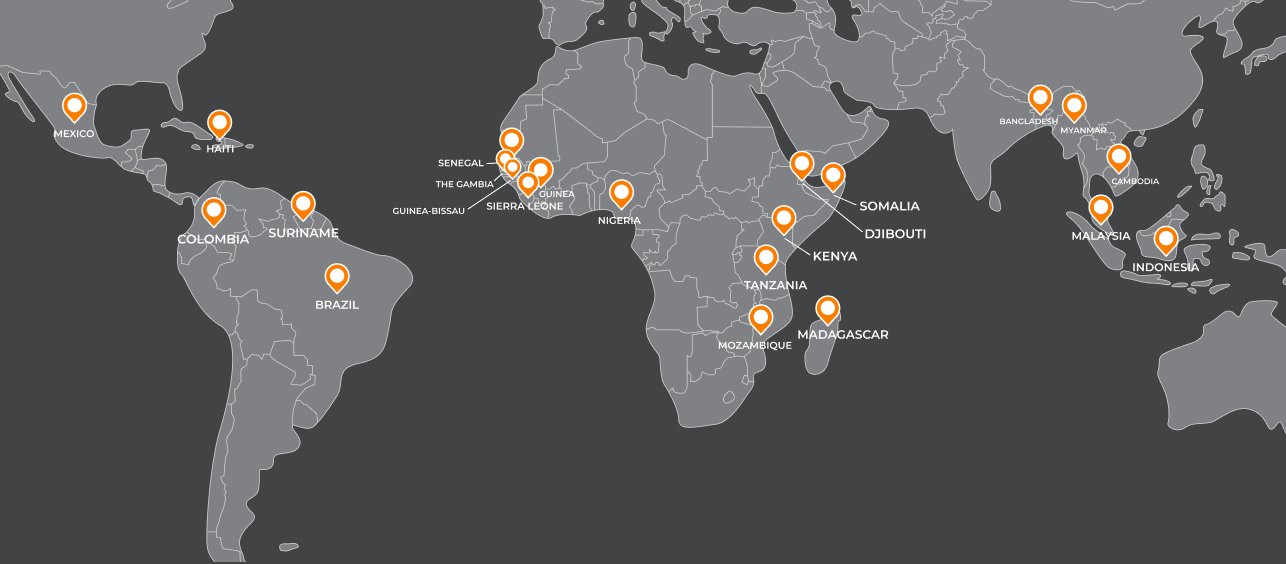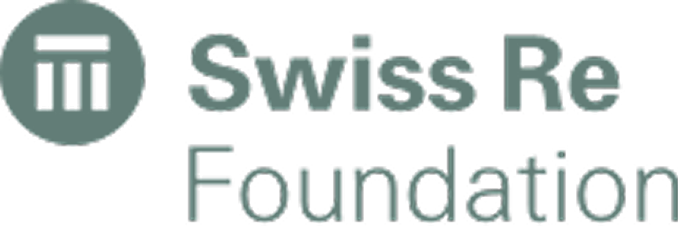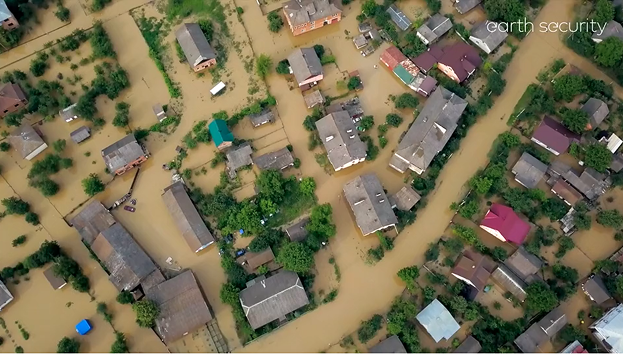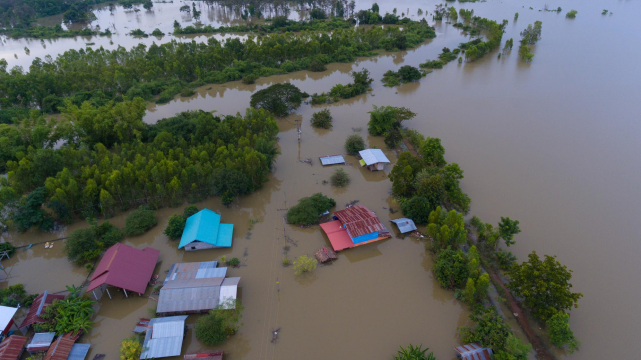Netafim is a leading global company in drip irrigation technology. Netafim's 2013 Corporate Sustainability Report: “At the Heart of the Food, Water and Land Nexus” draws on the Earth Security CEO Alejandro Litovsky’s view of linking the company’s market growth strategy to its role in supporting water efficiency policies.
Netafim's CEO Ran Maidan said at the launch of the report: "Drip irrigation is one of the few solutions whose core proposition addresses three global sustainability challenges – food security, water conservation, and arable land optimisation [...] That’s why our overarching mission and strategy of advancing mass adoption of drip irrigation by focusing on basic commodity food crops is our most critical future objective."
Netafim was named 2013 Stockholm Industry Water Award (SIWA) Laureate - one of the world’s most important water industry awards.
Netafim’s Corporate Sustainability Report features Earth Security CEO Alejandro Litovsky outlining the opportunities for the company to increase its strategic policy positioning:
“As Netafim’s experience in South Asia and sub-Saharan Africa illustrates well, business solutions to sustainability challenges work best when industry and policy makers work together to align the delivery of new technologies with financial and regulatory incentives. I see the potential for Netafim to increase its market share, while having a substantial impact on how industry and policy makers understand these synergistic opportunities, in three key areas:
First, by providing a practical technological solution to address water stress at a time when the economic and political importance of water scarcity is growing. The ability of the company to shape favourable policies by engaging with policymakers will be easier as governments come under resource pressures, and are more open to consider ways to support market solutions.
Second, by explaining the role that drip irrigation plays in the overall resource efficiency of agriculture. For example, by improving soil nutrient management and allowing more controlled application of fertilizers and pesticides, and by improving the water footprint of particular water-intensive crops in the supply chain of global food companies. This allows Netafim to scale its joint ventures with governments and companies in different parts of the agricultural supply chain.
Third, by linking drip irrigation more centrally to food security at national and global levels. Increasing Netafim’s market share at the base of the pyramid will help achieve food security goals, and improve the income of smallholders due to productivity increases. Developing these markets will require policymakers to understand how to create incentives, from lowering import duties to calibrating agricultural extension services and public financing.”

Explore the reports
The Earth Security Index Reports provided in-depth analysis of critical themes across selected industries and market geographies, enabling investors to anticipate and respond to emerging global dynamics. Download and explore the full Earth Security Index reports:












































